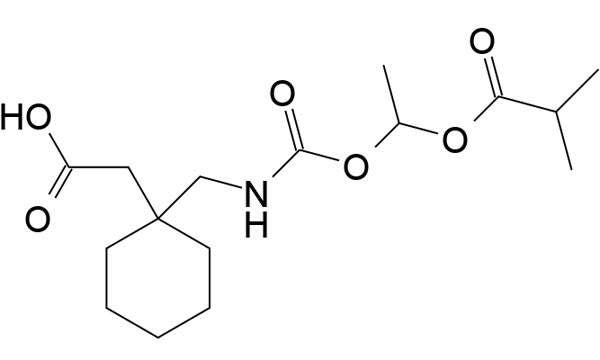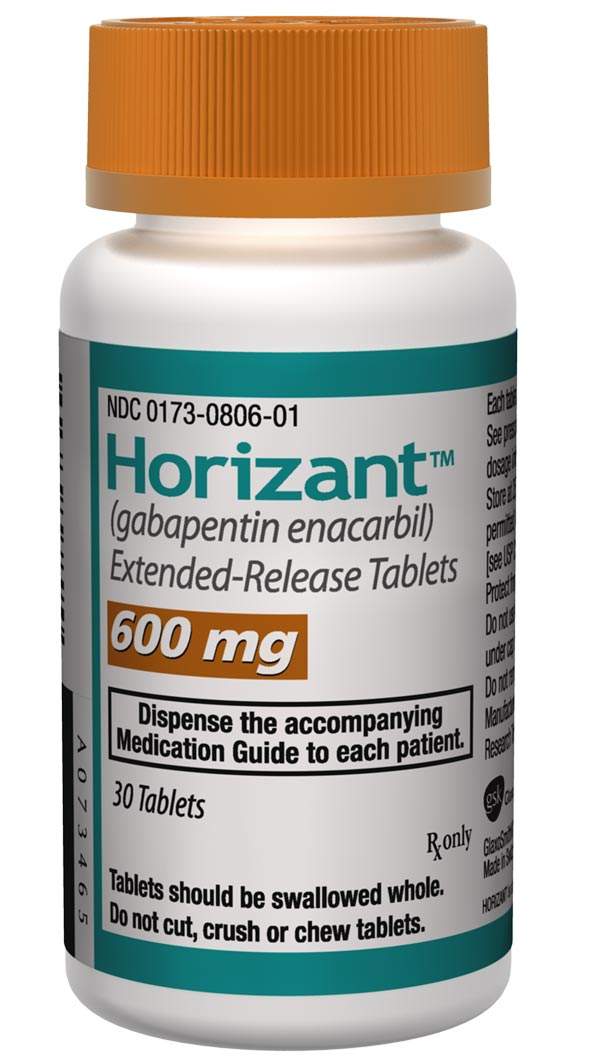Pomalyst (pomalidomide) is an anti-angiogenic drug developed by Celgene Corporation for the treatment of multiple myeloma in patients who have received two prior therapies.
In February 2013, pomalyst received approval from the US Food and Drug Administration (FDA) for the treatment of patients with multiple myeloma.
Celgene also submitted the marketing authorisation application (MAA) for pomalyst to the European Medicines Agency (EMA) in June 2012.
The drug was approved by the European Commission (EC) for the treatment of relapsed and refractory multiple myeloma (rrMM) patients in August 2013.
The drug is planned to be launched under the brand name IMNOVID in Europe.
Multiple myeloma, a type of cancer
Multiple myeloma is a type of cancer that occurs when malignant plasma cells grow out of control in the bone marrow. The disease also results in the forming of tumours in bones, which makes it difficult for bone marrow to produce healthy blood cells and platelets.
The disease mainly affects older adults. According to the American Cancer Society’s estimates, about 22,350 new cases of the disease will be diagnosed in the US, of which about 10,710 are expected to be fatal, in 2013.
Pomalyst’s mechanism of action
Pomalyst contains an anti-angiogenic drug that works by restraining the growth of myeloma cells. The drug also contributes to anti-angiogenic and anti-myeloma activities. The drug is available in capsules form with 4mg doses for oral administration.
Clinical trials on pomalidomide
Celgene conducted Phase I clinical trials on Pomalyst between August 2011 and October 2011. It was a randomised, double blind, placebo controlled and parallel assignment. The study enrolled 33 patients in the US and evaluated the safety, efficacy, tolerability and pharmacokinetics of pomalyst.
The primary outcome measure of the study was finding the number of participants with adverse events after 28 days. The secondary outcome measures of the study included maximum observed plasma concentration, terminal elimination half-life and apparent total plasma clearance.
Celgene initiated a Phase I/II clinical trial on pomalyst in November 2011. It is an open label, randomised and single group assignment. It enrolled more than 82 patients and will evaluate pomalyst in combination with high dose Dexamethasone and oral cyclophosphamide. The final results of the study are expected to be known by October 2013.
The primary outcome measures of the study will include finding the maximum tolerated dose in Phase I and finding the number of participants with desired response in the Phase II study. The secondary outcome measures will include finding the number of participants with progression free survival (PFS) and the number of participants with overall survival (OS) after 24 months.
The FDA approval for the drug was based on the results from a Phase II clinical trial known as CC-4047-MM-002 study. It was a randomised, open label, multicentre study which enrolled 221 patients with relapsed and refractory multiple myeloma and previously treated with lenalidomide and bortezomib therapies. The treatment arms of the study included pomalidomide alone or pomalidomide plus low-dose dexamethasone.
The results of the study showed that the overall response rate in patients who were treated with pomalidomide alone was seven percent, whereas the response rate was 29% in the pomalidomide plus low-dose dexamethasone patients group. The median response rate in the pomalidomide plus low-dose dexamethasone arm was 7.4 months, but it was not evaluable in pomalidomide alone arm.
Celgene initiated a Phase III clinical trial (MM-003) on pomalyst in March 2011. It was an open label, randomised, multicentre and parallel assignment.
The study enrolled more than 455 patients across 93 study locations in the US, Australia, Belgium and Canada.
The primary outcome measure of the study included finding time to disease progression or death in five years.
The secondary outcome measures included finding adverse events in two years and the number of patients alive or dead in five years. The EC’s approval was based on the Phase III study.
Marketing commentary for Calgene’s drug
Celgene Corporation holds the marketing rights of pomalyst in the US. The drug faces competition in the market from Kyprolis (carfilzomib), a similar drug marketed by Onyx Pharmaceuticals and approved by the FDA for the same indication.
Related content
Kyprolis (carfilzomib) for Treatment of Multiple Myeloma
Kyprolis (carfilzomib), developed and manufactured by Onyx Pharmaceuticals, is a proteasome inhibitor indicated for the treatment of the patients with multiple myeloma.
Zometa for Preventing Bone Cancer Complications
Zometa is a bone resorption inhibitor indicated for the treatment of bone complications in patients with advanced cancer.






